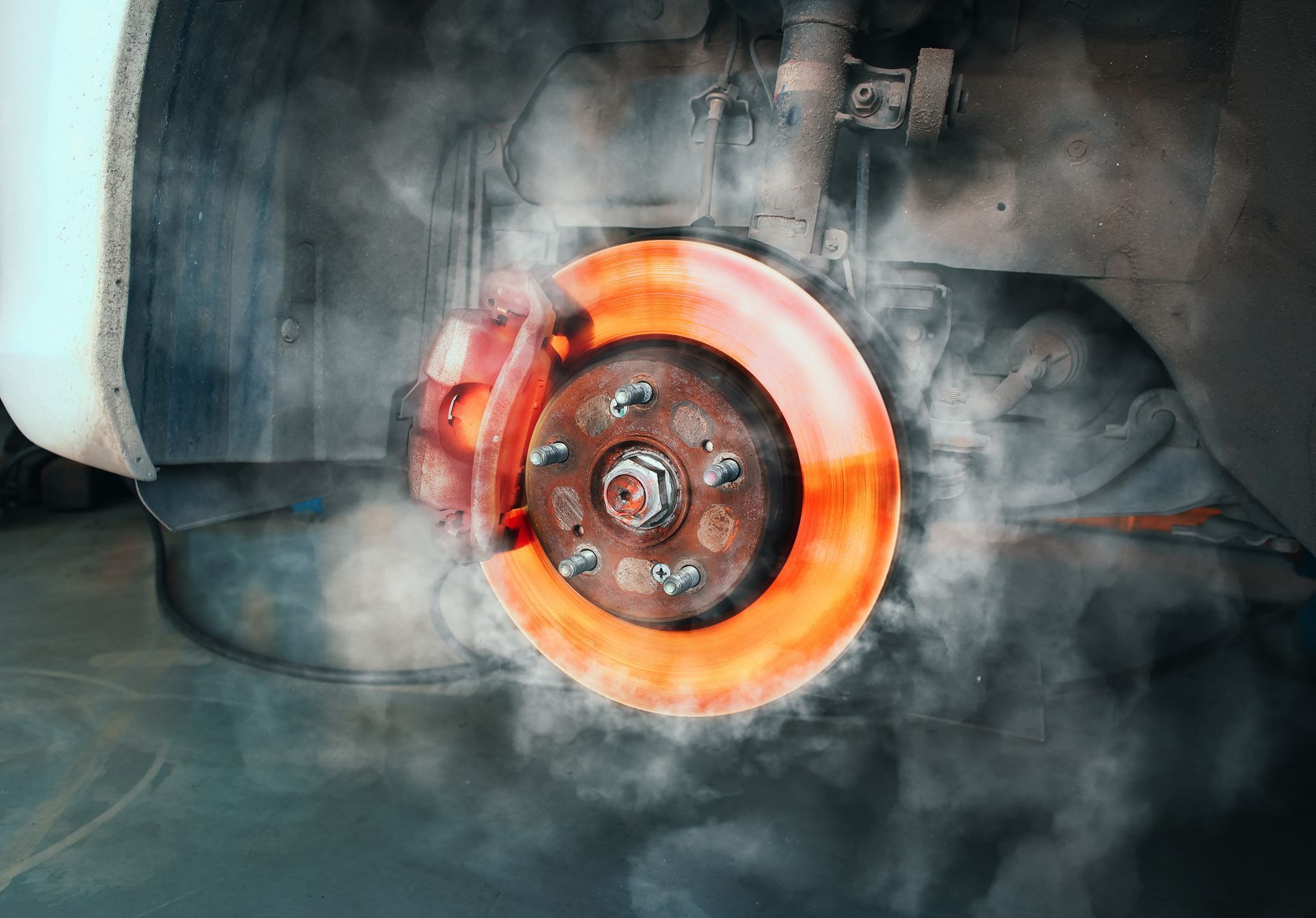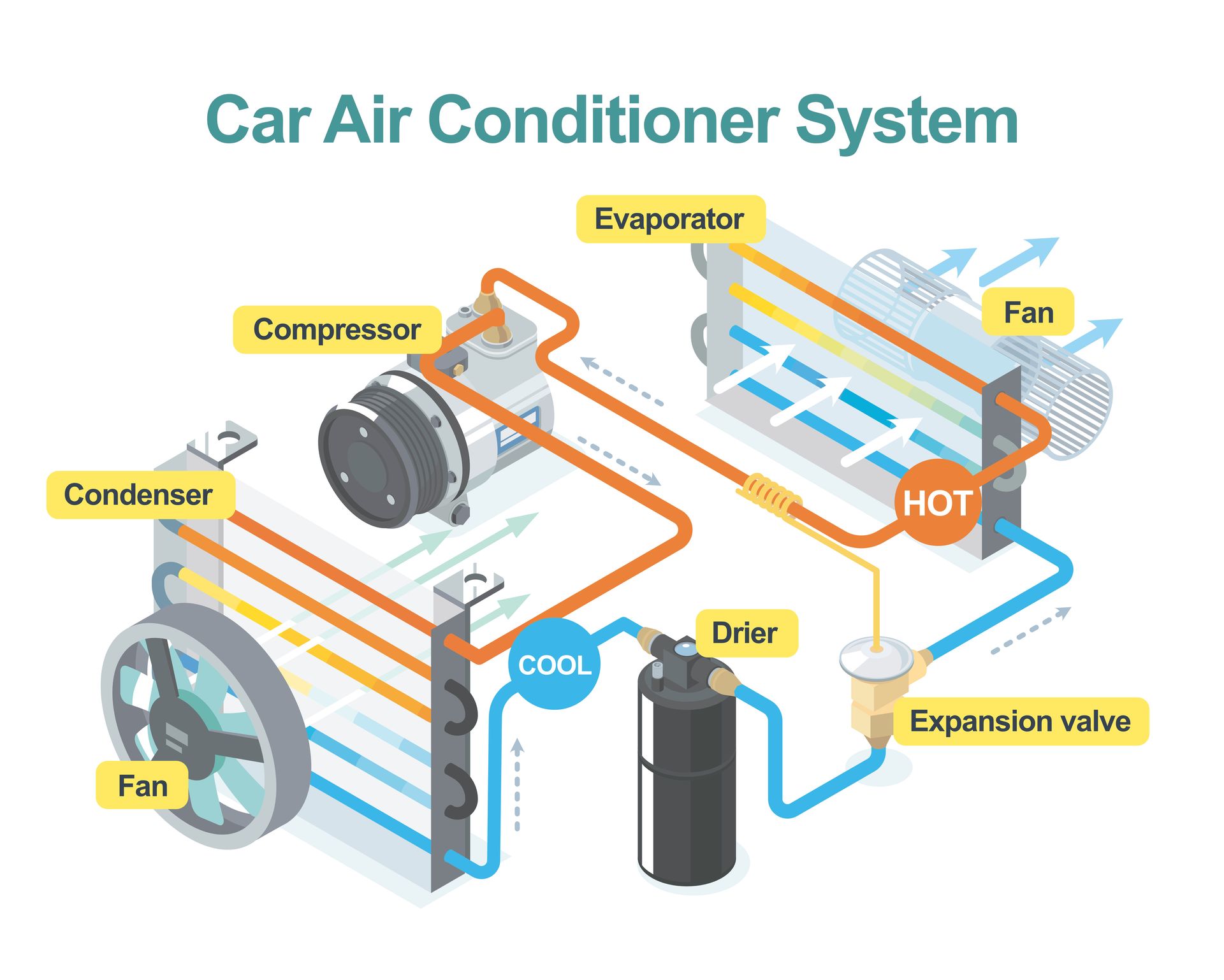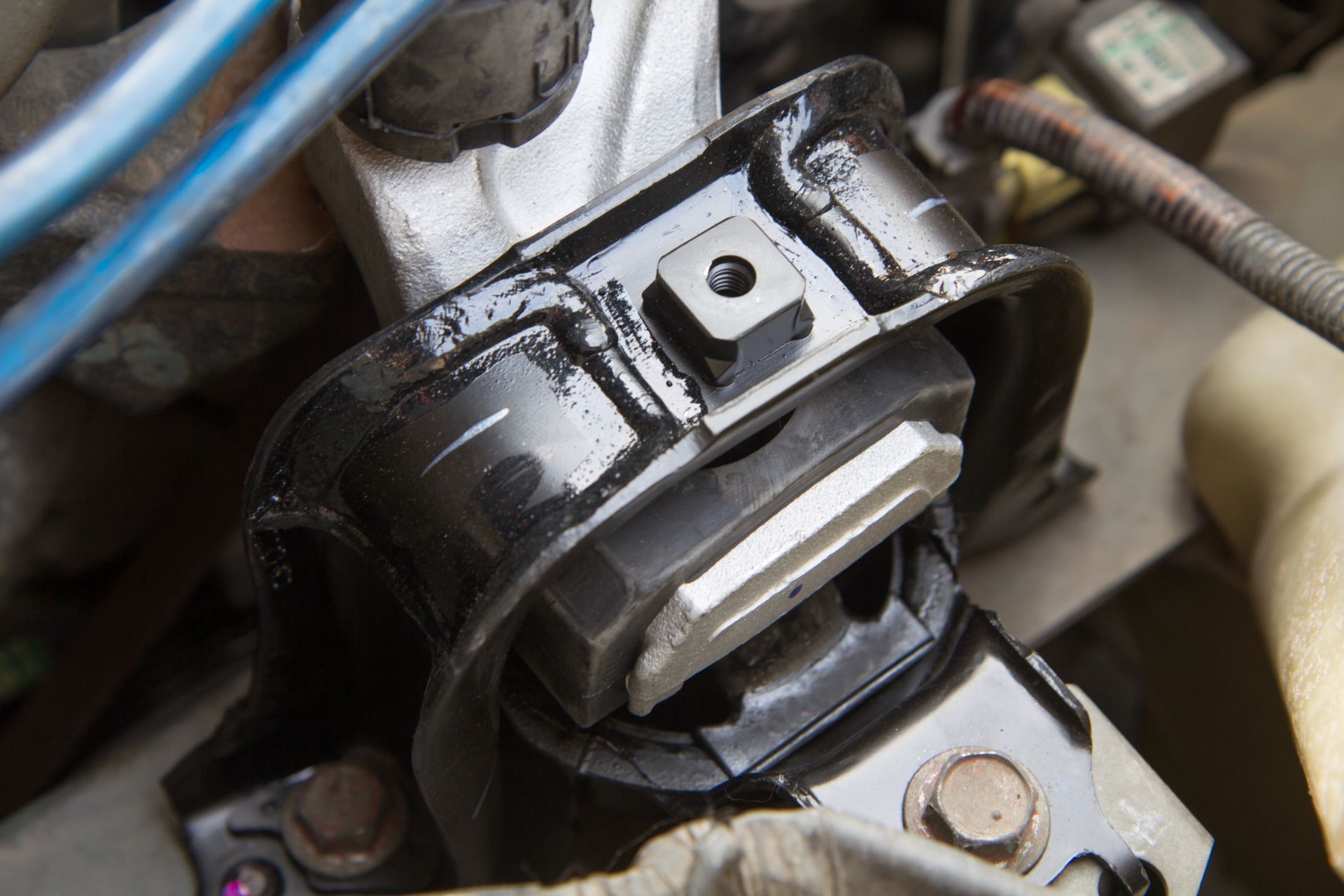You’re low on oil, and the only bottle you can find isn’t the same brand you used last time. So, you ask yourself—is it okay to mix it? This is a common question for drivers, especially those handling their own oil top-offs or between-service maintenance.
Whether you're driving a newer model or an older vehicle that burns a bit of oil, understanding how mixing oil brands affects performance can help you make smarter decisions when you're in a pinch.
Oil Brands vs. Oil Types
The brand on the bottle isn’t the most important factor when it comes to your engine’s health. What really matters is the type of oil (conventional, synthetic blend, or full synthetic) and the viscosity grade—like 5W-30 or 0W-20.
All reputable oil brands follow industry standards and certifications, like API (American Petroleum Institute) or ILSAC (International Lubricants Standardization and Approval Committee), which means they meet basic performance and compatibility requirements. As long as the viscosity and type match your engine’s needs, mixing brands occasionally won’t hurt your engine.
Problems can arise when you start mixing oils of different types or using products that lack certifications. Not all additives are compatible, and in rare cases, different formulations might not blend smoothly, reducing the oil’s ability to lubricate or protect under extreme temperatures or pressure.
When Is It Safe to Mix Oil Brands
Mixing different brands of the same type and viscosity of oil is generally safe under the following conditions:
You’re Topping Off Between Oil Changes
If your engine burns a little oil between services and you're just adding a half-quart to get by until your next scheduled change, using a different brand with matching specs is usually fine.
You’re in an Emergency
If you're on a road trip, your oil light comes on, and the only oil available is a different brand than what you used last time—go ahead and add it. Running low on oil is far more damaging than mixing brands. Just make sure to use the correct viscosity.
You’re Using High-Quality, Certified Oils
As long as the oils meet current API and ILSAC standards (which you’ll see printed on the bottle), most modern engines won’t have a problem with brand mixing now and then.
When to Avoid Mixing Oils
There are times when mixing motor oils isn’t recommended. If you're driving a performance vehicle or one that requires a specific oil formulation, it’s best to stick with what the manufacturer suggests. High-performance engines are more sensitive to oil viscosity and additives, and even minor differences could impact efficiency or protection.
Also, if you're mixing synthetic oil with conventional oil, the overall quality of the blend drops. Synthetic oils are designed to withstand higher heat and stress—adding conventional oil waters that down. While it won’t cause instant damage, it’s not something you want to do often.
How Mixing Oils Affects Long-Term Performance
Even if mixing brands doesn’t cause immediate problems, it can make your engine oil less predictable over time. Each manufacturer uses proprietary additives designed to resist oxidation, reduce friction, and clean deposits. Mixing brands could disrupt the intended balance of those additives, making the oil less effective overall.
This doesn’t usually cause noticeable issues with one or two top-offs, but if it becomes a habit, you might see increased engine wear, reduced fuel efficiency, or more buildup inside the engine. That’s why we recommend using the same brand and formula consistently.
The Best Way to Keep Your Engine Protected
If you find yourself frequently needing to top off your oil, it may be time to address the root cause. Older engines, worn seals, or poor PCV system function can lead to oil loss. Even small leaks or burning oil can shorten the life of your engine if not corrected.
Instead of relying on mismatched top-offs, it’s better to have your vehicle inspected to figure out why oil levels keep dropping. Keeping your engine sealed and clean will save you money on oil and prevent deeper problems down the road.
Whether
you’re overdue for an oil change or just unsure what type of oil is right for your car,
Suwanee Service Station in Suwanee, GA, is here to help. Our technicians use high-quality, manufacturer-recommended motor oil and can advise you on what’s safe to use if you’ve mixed brands in the past.










